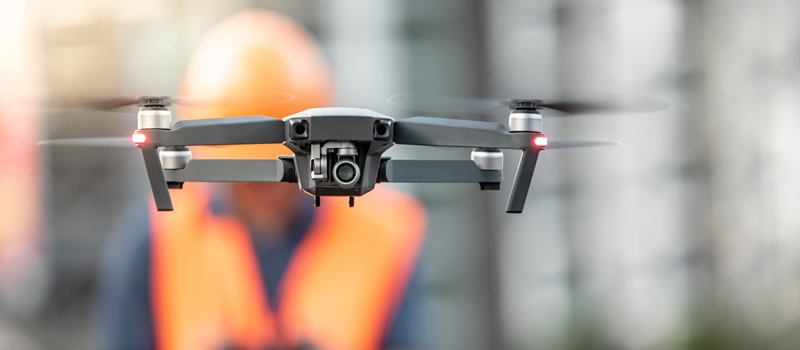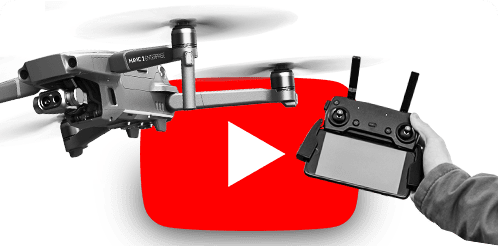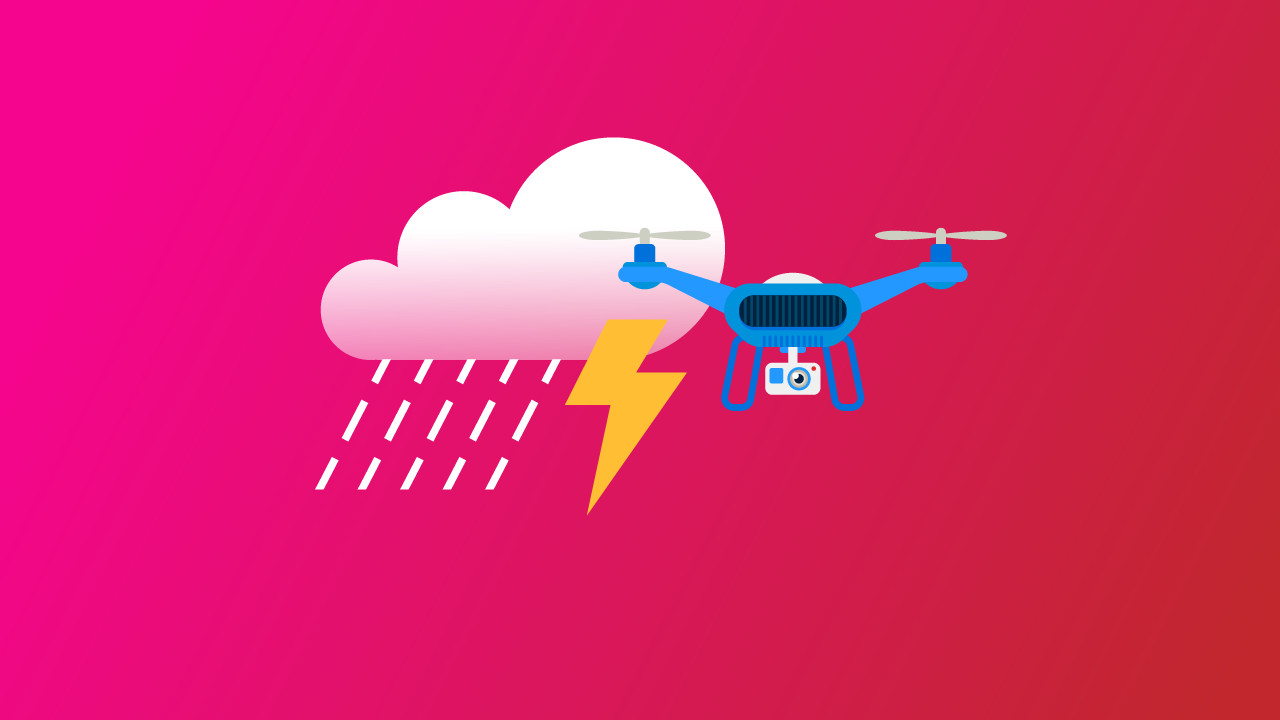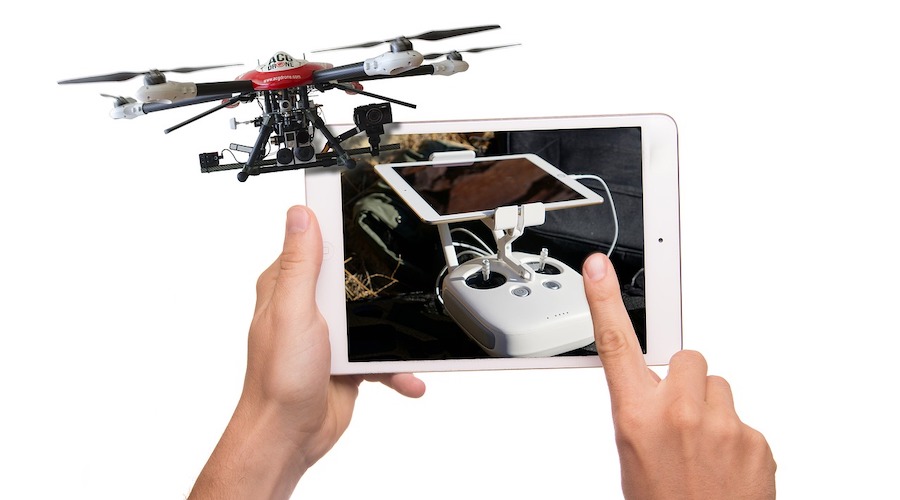The FAA made changes and you can now renew your Part 107 license online. You can take ALC-677 on the FAA’s website to renew your license. It’s free and it takes about 1 hour.
The big news in the drone community nowadays is the final ruling on Remote ID. This is a system that has long been proposed by the FAA and we all knew was coming inevitably. Although drone pilots still have mixed feelings about Remote ID, another simultaneous change will almost certainly be more welcomed – that for the requirements on keeping your drone license current.
With the coming changes, the Part 107 knowledge test will be slightly revised. A more significant change will come to the recurrent requirements. Check out what these changes are in this quick summary.
Part 107 testing changes
The changes to the knowledge test for Part 107 certification are minimal. The sign-up process is still the same, you also need to comply with the same basic requirements, even the number of multiple-choice items is the same.
The major revision to the knowledge test is related to the more relaxed rules on night operations. To allow drone pilots to fly at night without a waiver, the knowledge test will be updated to include related topics. Part 61 certificate holders should be quite familiar with these topics, which should include the following:
- Night illusions
- Night physiology
- Diminished depth perception
- Collision avoidance
- Anti-collision lighting requirements
Once the new ruling comes into implementation, we expect the knowledge test to be updated as well. If you anticipate taking the knowledge test after the implementation date, then preparing for the new topics is something you should consider.
Changes to recurrency requirements
Under the previous rules, Part 107 licensed drone pilots needed to take a recurrent knowledge test after 24 months. Although the license itself does not expire, the validity of the privileges granted by passing the knowledge test are time-limited. Despite the efforts to make the recurrent knowledge test shorter and easier, it was still a huge inconvenience to have to show up to a testing center to take the test – not to mention, having to pay a $160 testing fee again.

This should no longer be an issue under the new rules. Instead of having to take the test, drone pilots instead only need to complete an online recurrent training course. The online course is completely free. This is reminiscent of the recurrency requirement for Part 61 certificate holders. Take note, however, that they do not pertain to the same online training course.
Keeping in line with the relaxed rules for night operations, the recurrent online training course will also include topics like night physiology and night illusions. It really hardly matters what the FAA includes in there. Just the mere fact that drone pilots can take the course from the comforts of their home is already a big win for the commercial drone industry.
According to the text of the final ruling, the goal of recurrent training is to “allowing remote pilots to maintain critical knowledge and keep abreast of dynamic issues, including changes to regulations, that arise while ultimately completing the updated knowledge requirements related to operating small UAS”. This seems reasonable given the pace at which drone-related laws have been changing in the last couple of years.
You will be granted a completion certificate once you have completed the online course. This completion certificate will take the place of the Airman Knowledge Testing Report (AKTR) which used to be a requirement to prove that your license is current. Instead, you will need to carry this completion certificate with you whenever you fly your drone for commercial purposes, along with your original Part 107 remote pilot certificate.
When will these changes take effect?
The final ruling on the changes has been filed on January 15th and it will be available on the FAA website 45 days after publication. This will be in March 2021. From that day, the recurrent training course should already be up at www.faasafety.gov.
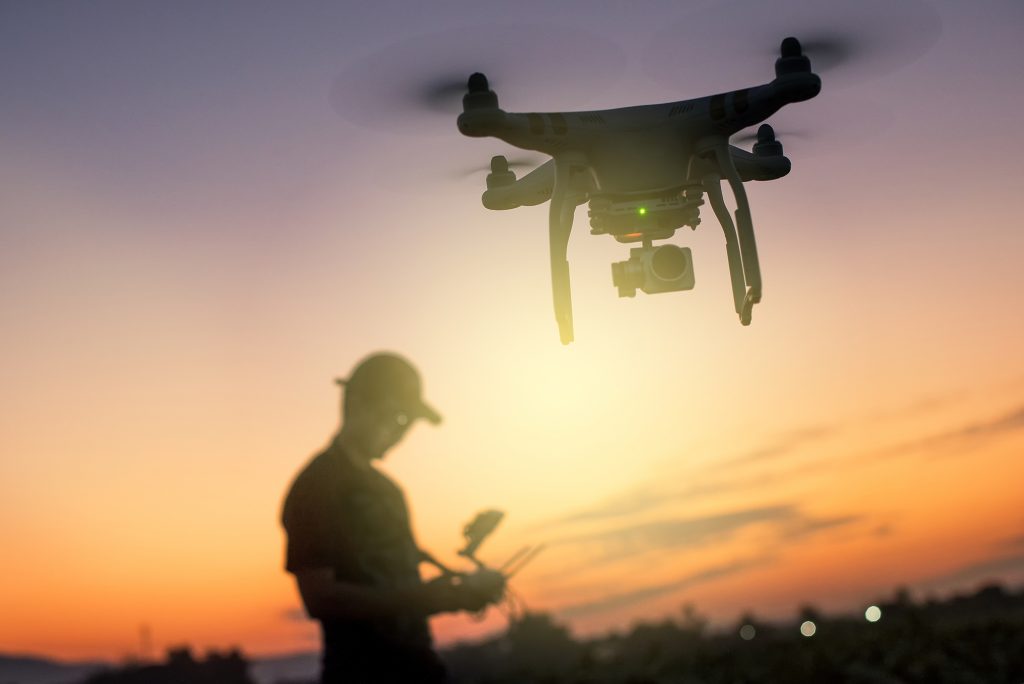
However, official implementation will only start 15 days after the rule is effective. Ideally, this will give enough time for drone pilots to take the recurrent online course and for new applicants to complete the updated knowledge test. All other new rules, such as the provision to fly drones at night without a waiver, will also only be valid after the initial 15-day period.
This means that you do not need to rush to take the online course on the first day it goes online. The FAA is already anticipating that thousands of drone pilots will flock to the site on the first day, which is likely going to crash their servers. Just be patient, as you have 15 whole days to comply.
New rules for proving you’re certified under Part 107
Concurrent with the amendments made on Part 107 testing and recurrency training is an updated list of representatives authorized to ask you for documentation of your Part 107 certification. On top of representatives from the FAA, those from the NTSB as well as any law enforcement officer from the federal, state, or local levels can now ask you to present your ID and Part 107 documentation.
This isn’t really a huge deal if you regularly have your certification and other records or reports on hand whenever you fly commercially. Take note that these can include documents such as your drone logbook or maintenance records.
Is any of this related to Remote ID?
Only tangentially because these amendments were announced simultaneously with the implementing rules for Remote ID. However, the new rules on testing and recurrency training exist independent of any need for Remote ID compliance. No, your drone does not need to have Remote ID to make the online recurrency training valid. As soon as the initial 15-day buffer period has passed, you can keep your Part 107 drone license current simply by completing the free online training course.
Take note, however, that Remote ID implementation will still continue to be rolled out gradually. Eventually, all drones (save for a few exceptions) will need to have Remote ID to operate outside of FRIAs, regardless of whether you fly commercially or recreationally.
Final thoughts
The new recurrent online training course is surely a welcome change for commercial drone pilots who have long been dreading taking the recurrent knowledge test. No matter how the FAA understates it, taking another knowledge test (even a short one) is always a nerve-wracking experience. Add to that the difficulty of having to show up physically at a testing center, especially in a world altered by a global pandemic.
Although the scope of topics in the Part 107 knowledge test has expanded to include night operations, this is a small price to pay for finally being able to fly drones at night without a waiver. We can already imagine all the night photos that drone pilots will be posting from hereon without fear of legal repercussions.
